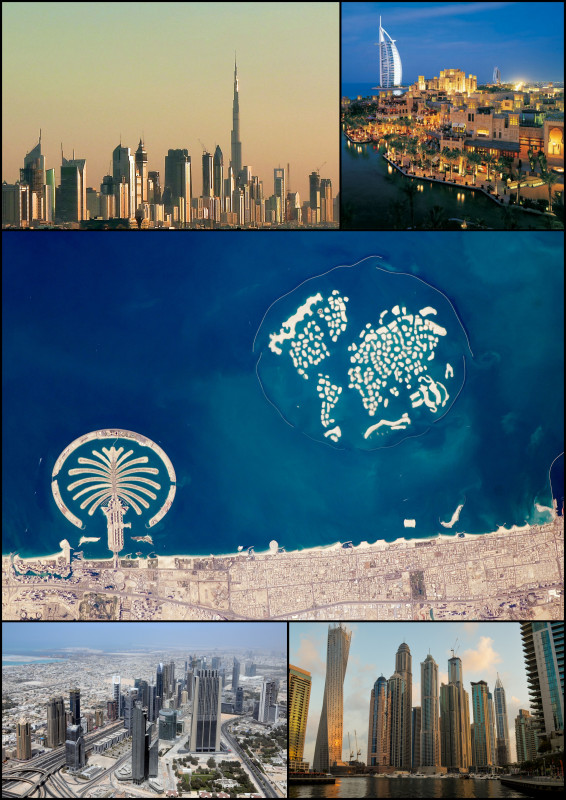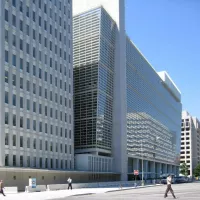Corruption is the abuse of entrusted power for private gain, encompassing a range of dishonest or criminal activities by individuals or organizations in positions of authority. This includes bribery, embezzlement, fraud, and influence peddling, often involving office-holders exploiting their official capacity for personal benefit. While some practices like lobbying may be legal, corruption fundamentally undermines trust and ethical conduct.
1977: US Foreign Corrupt Practices Act (FCPA)
In 1977, the US Foreign Corrupt Practices Act (FCPA) was enacted. In 1994, the German Parliamentary Financial Commission rejected a Parliamentary Proposal by the opposition, which had been aiming to limit German foreign corruption on the basis of the US Foreign Corrupt Practices Act (FCPA from 1977)
1980: Increase in German Informal Economy
From 1980, German corporations systematically increased their informal economy, up to 350 billion € per annum, continuously feeding their black money reserves.
1991: Start of Kohl Administration
The Kohl administration (1991-1994) began.
1994: Study on Foreign Corrupt Practices of OECD Countries
In 1994, a study on foreign corrupt practices of industrialized OECD countries (Parliamentary Financial Commission study, Bonn) indicated widespread acceptance of bribes in business practices.
1994: German Parliamentary Financial Commission Study on Legal Corruption
In 1994, the German Parliamentary Financial Commission presented a study indicating that in most industrial countries, foreign corruption was legal. The study reported that their foreign corrupt practices ranged from simple governmental subsidization to extreme cases such as in Germany, where foreign corruption was fostered, whereas domestic was legally prosecuted.
1994: Kohl Administration Maintains Legality of Corruption
In 1994, the Kohl administration (1991–1994) decided to maintain the legality of corruption against officials exclusively in foreign transactions and confirmed the full deductibility of bribe money, co-financing a nationalistic corruption practice until March 1999, contradicting the OECD recommendation.
1995: Transparency International Publishes Corruption Perceptions Index (CPI)
In 1995, Transparency International began publishing the Corruption Perceptions Index (CPI) annually, ranking countries by their perceived levels of public sector corruption.
1997: OECD Anti-Bribery Convention Signed
In 1997, a corresponding OECD Anti-Bribery Convention was signed by its members, aiming to combat bribery in international business transactions.
March 1999: Validity of Nationalistic Corruption Practice Ends
The German nationalistic corruption practice (§4 Abs. 5 Nr. 10 EStG), which allowed the legality and deductibility of bribe money in foreign transactions, remained valid until March 19, 1999.
2000: World Bank's Use of "State Capture"
In 2000, the World Bank first used the term "state capture" to describe certain Central Asian countries transitioning from Soviet communism, where corrupt groups manipulated government officials to strengthen their economic positions.
2007: Siemens Convicted of Corruption Against Enel Power SpA
In 2007, Siemens was convicted in the District Court of Darmstadt of criminal corruption against the Italian corporation Enel Power SpA. Siemens had paid almost €3.5 million in bribes for a €200 million project, using black money accounts established in Switzerland and Liechtenstein. This was the first time a German court convicted foreign corrupt practices like a national practice.
2009: Kaunas "Golden Toilet" Scandal
In 2009, the municipality of Kaunas, Lithuania, ordered a shipping container to be converted into an outdoor toilet at a cost of 500,000 litai (around 150,000 euros). Due to its inflated cost, it was nicknamed the "Golden Toilet" and became the subject of an anti-corruption investigation.
2010: Critique of Failures Leading Up to US Financial Crisis
During 2010, a Stanford financial economist noted that important economic outcomes are often the consequences of political forces. People within regulatory bodies told him privately that false and misleading claims were affecting key policy decisions. He witnessed confusion, willful blindness, political forces, various forms of corruption, and moral disengagement.
2011: Transparency International Stops Publishing Bribe Payers Index
In 2011, Transparency International stopped publishing the Bribe Payers Index, which focused on the supply side of corruption.
2012: Implementation of Advocacy and Legal Advice Centres (ALACs)
As of 2012, the implementation of the "Advocacy and Legal Advice Centres (ALACs)" in Europe led to a significant increase in citizen complaints against acts of corruption and to the development of strategies for good governance.
2012: Court Case for the "Golden Toilet" Scandal
In 2012, public servants involved in the "Golden Toilet" scandal received prison sentences for recklessness, malfeasance, misuse of power, and document falsifications, but were cleared of corruption charges and received compensation, pushing the total cost to 352,000 euros.
2015: Kevin M. Kruse's Thesis on Business Leaders and Clergymen
In 2015, Princeton University professor Kevin M. Kruse advanced the thesis that business leaders in the 1930s and 1940s collaborated with clergymen, including James W. Fifield Jr., to promote an approach to Scripture that de-emphasized the social Gospel and emphasized themes more congenial to free enterprise.
2017: Survey on Causes of Corruption
According to a 2017 survey study, several factors have been attributed as causes of corruption.
2019: Transparency International Report on Corruption in Healthcare
In 2019, Transparency International described the 6 most common ways of service corruption as follows: absenteeism, informal payments from patients, embezzlement, inflating services also the costs of services, favoritism, and manipulation of data (billing for goods and services that were never sent or done).
July 2020: Carnegie Endowment Report on Dubai
In July 2020, the Carnegie Endowment for International Peace released a report claiming that Dubai enables global corruption, crime, and illicit financial flows. The city was called a haven for trade-based money laundering due to minimal regulatory laws and customs enforcement.
September 2022: Report on British MPs Receiving Funds from Saudi-Led Coalition
In September 2022, a report revealed that British Members of Parliament received a total of £828,211 over eight years from countries of the Saudi-led coalition in the Yemeni Civil War in the form of all-expenses-paid trips, gifts including a £500 food hamper, tickets for a Burns Supper, an expensive watch and a day out at the Royal Windsor Horse Show. Critics called accepting donations from countries with poor human rights records "absolutely shameful".
2022: Qatar Corruption Scandal at the European Parliament
In 2022, four people were arrested for corruption in the European Parliament, in what became known as the Qatar corruption scandal. European Commission President Ursula von der Leyen called for the creation of a new ethics body to oversee the European Union.
2022: Samantha Power Speech on "Modern Corruption"
In a 2022 speech on "Modern Corruption", USAID Administrator Samantha Power stated that corruption is no longer just about individual autocrats pilfering their nation's wealth, but involves sophisticated transnational networks, including financial institutions hidden in secrecy.
Mentioned in this timeline

Ursula Gertrud von der Leyen is a prominent German politician...
Qatar is a country located on the Qatar Peninsula in...
Germany officially the Federal Republic of Germany is a Western...

Dubai is the most populous city in the United Arab...

The World Bank is an international financial institution offering loans...

The horse scientifically known as Equus ferus caballus is a...
Trending

8 months ago Mirra Andreeva vs. Yulia Putintseva at French Open; Putintseva Advances to Second Round

3 months ago LoL Worlds 2025: T1 vs Gen.G Final Forecasted to Break Viewership Records
6 months ago TikTok's US Future Uncertain Amid China Trade Talks and Potential Shutdown

Mexico City is the capital and largest city of Mexico and the most populous in North America A significant cultural...

2 months ago Carlos Alcaraz Honored as ATP Year-End No. 1 After Finals Win

2 months ago Lorna Luft Updates on Sister Liza Minnelli, Judy Garland's Legacy Continues
Popular

Thomas Douglas Homan is an American law enforcement officer who...

Martin Luther King Jr was a pivotal leader in the...

XXXTentacion born Jahseh Dwayne Ricardo Onfroy was a controversial yet...

Instagram is a photo and video-sharing social networking service owned...

Jupiter is the fifth and largest planet from the Sun...

KFC or Kentucky Fried Chicken is an American fast-food chain...